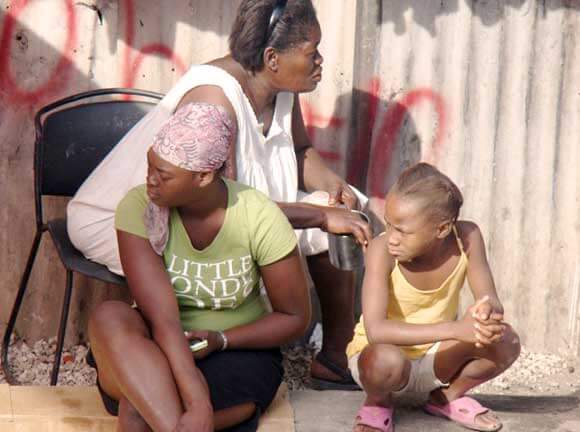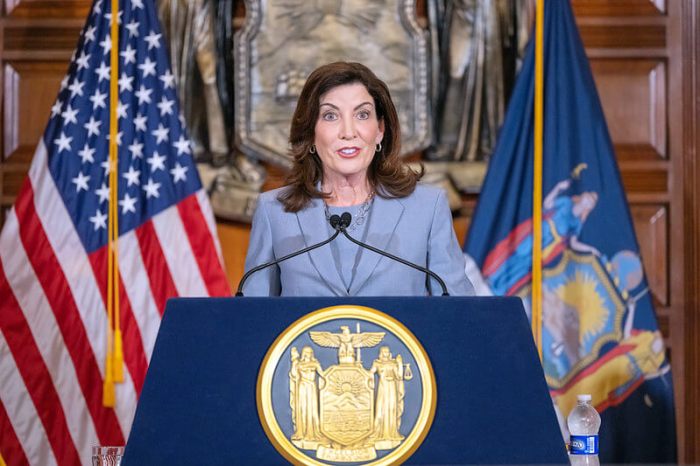Dr. James Gordon, founder of the Center for Mind-Body Medicine returned from Haiti after a five-day trip to teach healing modalities to 120 volunteers from 34 of Port au Prince’s health, mental health and religious communities.
He and his international team arrived in Haiti on Dec. 6 during a particularly terrible time. The country was plagued with riots caused by the contested presidential election and a cholera epidemic that seemed to have been brought, ironically, by U.N. peacekeepers.
Still, speaking by phone from Boston, Gordon claims the experience was amazing. “Pretty much every time I’ve come to Haiti, and I’ve been here four times, it’s emotionally powerful. There’s a tremendous sense of connection to many many people. There’s a sense that our work is quickly making a difference in people’s lives, and also a sense of enormous odds that everyone is dealing with every day. There’s always a sense of sweetness and tragedy, tragedies that have happened for five hundred years and the tragedy that’s just around the corner.”
Gordon has long experience with tragedy and catastrophe. He and his team, including Palestinian, Israeli and Kosovar psychiatrists and psychologists have visited disaster areas that range from the Middle East to Kosovo and post-Katrina New Orleans. He has worked with soldiers returning from Iraq and Afghanistan and his work in the Gaza strip was the subject of a New York Times article on Sept. 8, 2010.
His techniques are much like those he uses on his patients in his practice in Washington D.C., but extended to groups. “During the training we’re teaching people what’s going on inside themselves,” he explains. “We teach them how to relax, be quiet, be aware of what they’re feeling. People are under so much pressure and when you’re under stress you don’t have a realistic idea of what’s going on. We give them tools. Breathe deeply, relax, go inside, look at what’s actually going on, use guided imagery, access the power of the imagination, balance their bodies, express themselves. People who have suffered terrible losses have not had much opportunity to talk about it. They have feelings of despair and loneliness and feel they don’t have the right to discuss it,” he said.
He and his team worked out of the Plaza Hotel in Port-au-Prince, right across the street from the largest of the tent encampments set up after last January’s earthquake. “The first day we came here we spent time in a tent camp,” Gordon recalled. “There are several hundred thousand people in ‘tents’ — that’s a generous thing to say about them. They tell me ‘We have less food and less water than we had four – five months ago, there’s fewer jobs, more violence, more robbery and rape.’”
“One of the tragedies of what’s happening in Haiti is everybody feels abandoned. Maybe some of the highest levels of the elite don’t care, but others are committed to working with the whole community,” he continued. “What’s happened here is a disgrace. The root cause goes way back, and now we’re in the branch. But people have been victimized here for hundreds of years. Billions of dollars have been promised and it’s not getting to the people.”
Gordon and his team plan to return to Haiti at the end of February to continue to teach the volunteers. His goal is to create the first national program of self care and support in Haiti. “All I need is the money to do it,” he says. “No question in my mind. A religious person said to our program coordinator, ‘Because of this training you don’t have to go through the Last Judgment in order to go to heaven.’”

























